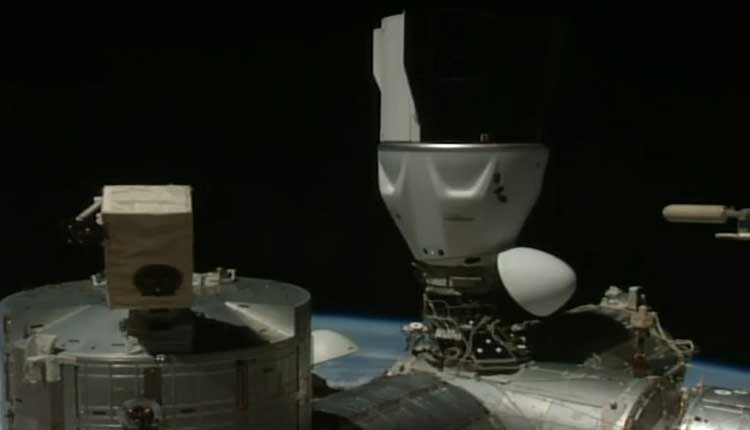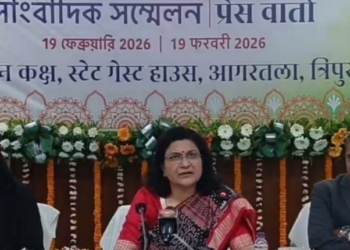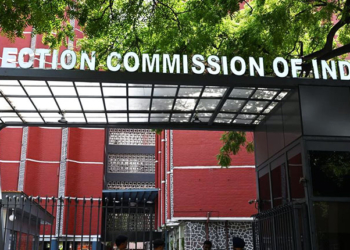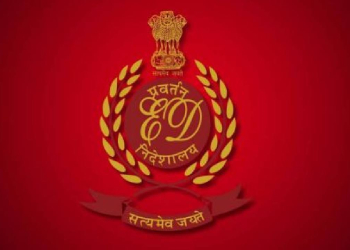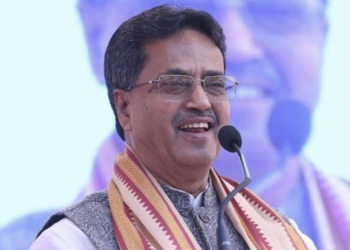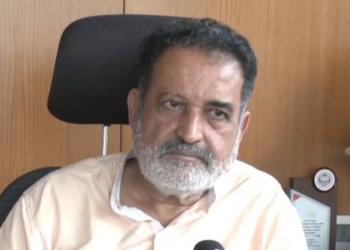New Delhi: After a long and ardent wait of 41 years, Indian astronaut Shubhanshu Shukla on Thursday successfully docked at the International Space Station (ISS), to become the first Indian to reach the orbiting lab.
With this, India has an astronaut in space after 41 years. Lucknow-born Shukla will also be the second Indian in space after Rakesh Sharma’s flight in 1984.
Axiom Space’s mission -4 carrying Shukla, along with three others from the US, Poland, and Hungary, have docked to the Harmony module’s space-facing port at 6:30 a.m. ET (4:00 pm IST).
SpaceX Dragon spacecraft named ‘Grace’ is carrying Ax-4 Commander Peggy Whitson, Pilot Shubhanshu Shukla, and Mission Specialists Sławosz Uznański-Wiśniewski and Tibor Kapu.
“Docking confirmed!” SpaceX said in a post on social media platform X.
The crew launched to the ISS at 2:31 a.m. EDT (12 noon IST), from Launch Complex 39A at NASA’s Kennedy Space Centre in Florida, aboard a new SpaceX Dragon spacecraft on the company’s Falcon 9 rocket.
“Hello everyone, namaskar from space. I am thrilled to be here with my fellow astronauts. Wow, what a ride it was. When I was sitting in the capsule on the launchpad, the only thought in my mind was: let’s just go,” Group Captain Shukla said.
“When the ride started, it was something – you getting pushed back in the seat. It was an amazing ride. And then suddenly nothing. You are floating in a vacuum,” he added while recounting his space experience.
“I am learning like a baby; how to walk and eat in space,” he added.
Earlier, he said that the mission “is the journey of India’s human space flight”.
Shukla is also carrying carrot halwa, moong dal halwa, and mango nectar with him to satiate his cravings for homemade food in space.
The Axiom-4 Mission is not just a scientific feat but a testament to India’s rising stature as a global technology powerhouse. It reinforces the nation’s capability to lead space innovation, promote sustainability, and contribute meaningfully to global missions.
Once aboard the ISS, Shukla will conduct pioneering experiments related to food and space nutrition.
These experiments, developed under a collaboration between ISRO and the Department of Biotechnology (DBT), with support from NASA, aim to enhance understanding of sustainable life-support systems, a crucial aspect of future long-duration space travel.
The research will also study the effects of microgravity and space radiation on edible microalgae — a nutrient-rich, high-potential food source for future space missions. The experiment will evaluate key growth parameters and examine transcriptomic, proteomic, and metabolomic changes in different algal species in space compared to their behaviour on Earth.
(IANS)




